|
Like climate change, ocean pollution is affecting all of us. There is no longer any beach you can visit that won’t have litter.1 One of the biggest contaminants is plastic. 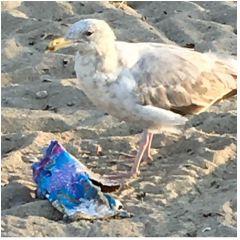 Take a look at some sobering statistics: 80% of ocean plastic comes from the land.2 ¼ of fish sold as food in California contains plastic and has shown to be linked to cancerous tumors in lab animals.3 The Environmental Protect Agency estimates only 9% of plastic gets recycled in US.4 Harmful BPA’s from plastic affect our health. How we are being exposed to this may shock you. Take a look at this list. Plastic doesn’t biodegrade.6 Over 50 billion water bottles are purchased each year-over 80% are not recycled.7 By 2050, we could have more plastic than fish in the ocean.8 Artists around the world are using their creative talent to help bring awareness to this pressing issue. The Smithsonian Zoo in Washington, D.C. currently has on exhibit seventeen marine life statues made from over 315 pounds of plastic retrieved from the sea: (Link) An Artist in Rio de Janero created giant fish on the beach made of water bottles to bring attention to the issue of ocean plastic during a United Nations Conference on Sustainable Development: (Link) Grace Bay, voted the number one beach in the world for 2016 by Traveler’s Choice Awards, isn’t immune to the problem of marine debris. During a recent visit, I found this sculpture made from trash found on the beach. Awareness is the first step to change. If you would like to find out more about this issue and steps that you can take to improve your health, the health of our oceans and all the marine life, please follow me on my social media channels and/or sign up for my weekly blog posts. If you have creative solutions to reduce, reuse or recycle plastic, please feel free to post them below. The solution to this problem will require all hands on deck. If you care, please share this post or the information in it. Thank you! #oceanplastic #plastic #marinedebris #health
0 Comments
Did you know that research has found that stress is a significant contributor to disease?1,2,3 Complex things occur in our body so it can handle stress. When stress helps us react to an emergency, such as getting out of a burning house, that is a healthy thing. When stress affects us continually, however, it can lead to brain changes that decrease concentration, make it difficult to solve problems and memory. Long-term stress or repeated exposure to stress can lead to a host of other health problems including heart disease, problems with your digestive system, and many more. Some days it seems hard to dodge stress. We turn on the t.v. and find images of horrifying bombings. We engage in social media and our feed suddenly fills with BREAKING NEWS of a mass shooting. We can’t even go to the grocery store without seeing catastrophic effects of climate change screaming for our attention from the front page of newspapers and magazines. Add a dash of family drama, demands from work, and whatever else may affect you personally, and we can find ourselves twisted into a stress knot-sometimes not even realizing it. So how can we grab this stress monster by the horns and regain our calm selves to protect our health? We need to find our zen boosters-those things that bring us to a calm state, release our tension. Once we identify them, we need to use them to prevent, avoid, disperse and relieve stress. Want an example? The other day I was having a great day when all of a sudden, forgive the language, a Sh%* storm stirred up. There was no avoiding it, it thrust itself into my day and before I knew it my neck was tight, my mind was buzzing and I wanted to dive into the refrigerator looking for comfort food. Instead, I packed some healthy treats, a book, my journal and headed to the beach-my favorite go to place to regain my zen. Being in or near water has been scientifically proven to induce relaxation-a term Dr. Wallace Nichols calls Bluemind. After I unfolded my beach chair, put up the umbrella and inhaled the briny sea air, I could feel the tension start to drain out as if I pulled the plug from the bathtub full of water. Although I had the urge to dip into my beach bag and pull out my arsenal of beach goodies, I resisted. Instead I went for a walk and let the cold, deep-blue water wash over my feet. The sound of waves lapping, seagulls cawing, and kids yelping with delight replaced the “Can yous” , “I needs “ , “Will yous?”. A sailboat with three huge vanilla sails hoisted crawled along the horizon. It captured my attention for several minutes until an aha sprung into my brain- I wish I could be out there, out of reach, immersed in raw mother natures arms. More tension oozed out just thinking of what it would be like out there, only the sound of wind blowing by my ears and the boat gently rocking in the waves.
Will finding our zen state make problems, crises, requests for our energy go away? No, but it does allow us to be the calm in the storm. Sometimes it allows us to be the voice of reason or problem solve better because we can see the solution to a problem more clearly. Most importantly it keeps our bodies from being hijacked and wreaking havoc on our health. So what is in your zen toolbox? Essential lavender oil, a meditation tape saved on your phone, escaping to the bathroom to take 10 slow deep breathes? Maybe you benefit from a walk in the park, planting some flowers, taking a yoga class or just lying on the grass and watching the clouds saunter by. When we build our awareness of what helps us feel calm we can better plan to incorporate these into tools into our day to prevent stress and pull them out of our back pocket when stress builds. Perhaps then, we will find ourselves happier and healthier. Feel free to share what is in your zen toolbox below. Your ideas may help someone. #Health #Stress #Holistic #Nature |
Ready to sleep better, feel lighter, and feel more joy?
Download my latest ebook now: Archives
May 2024
Categories
All
Follow me:
|
|
© COPYRIGHT 2015-2023. ALL RIGHTS RESERVED.
|
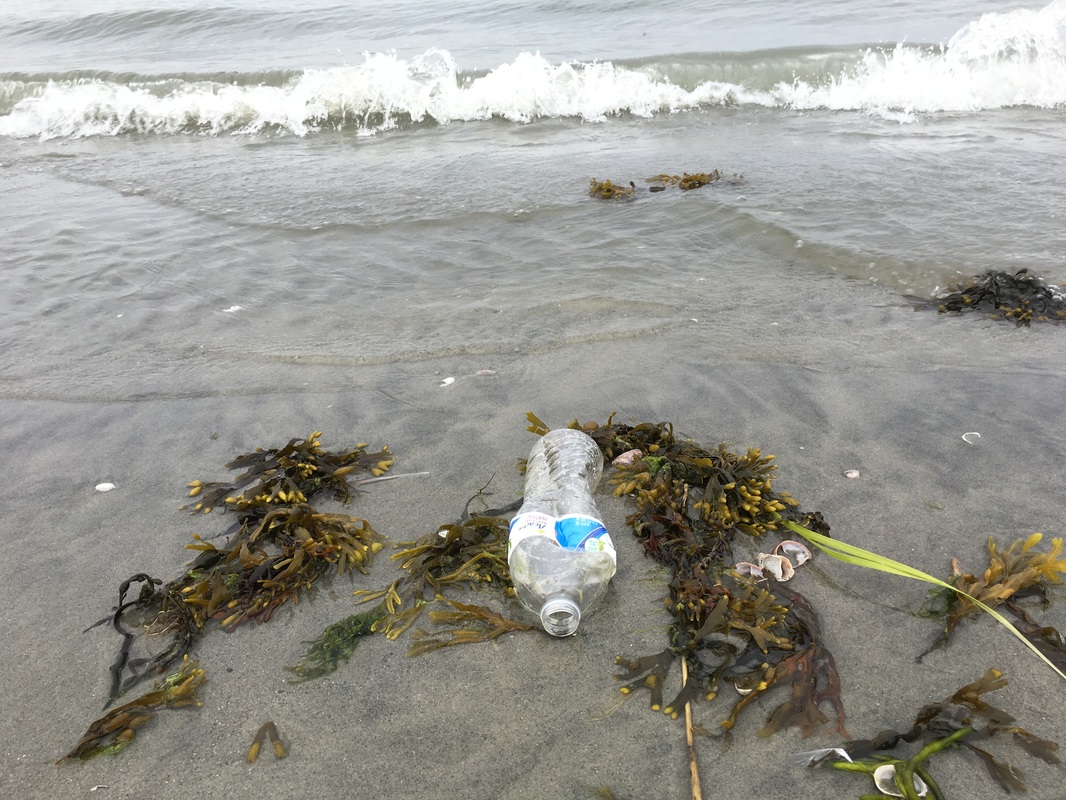
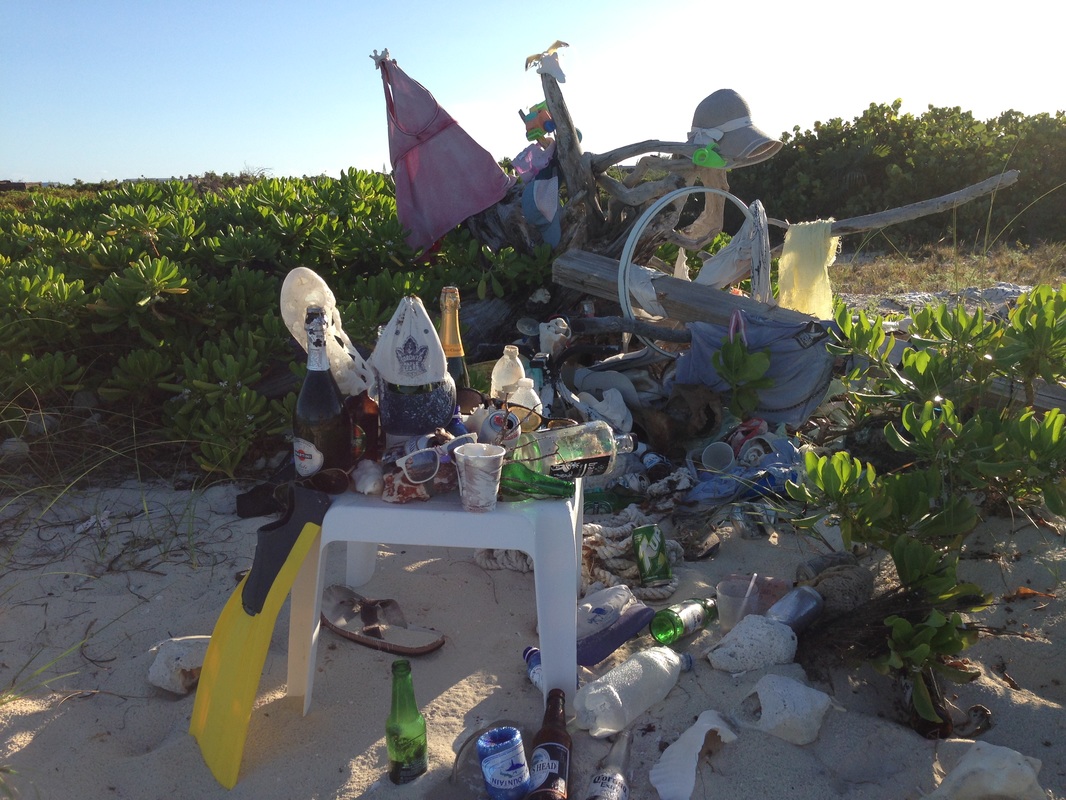
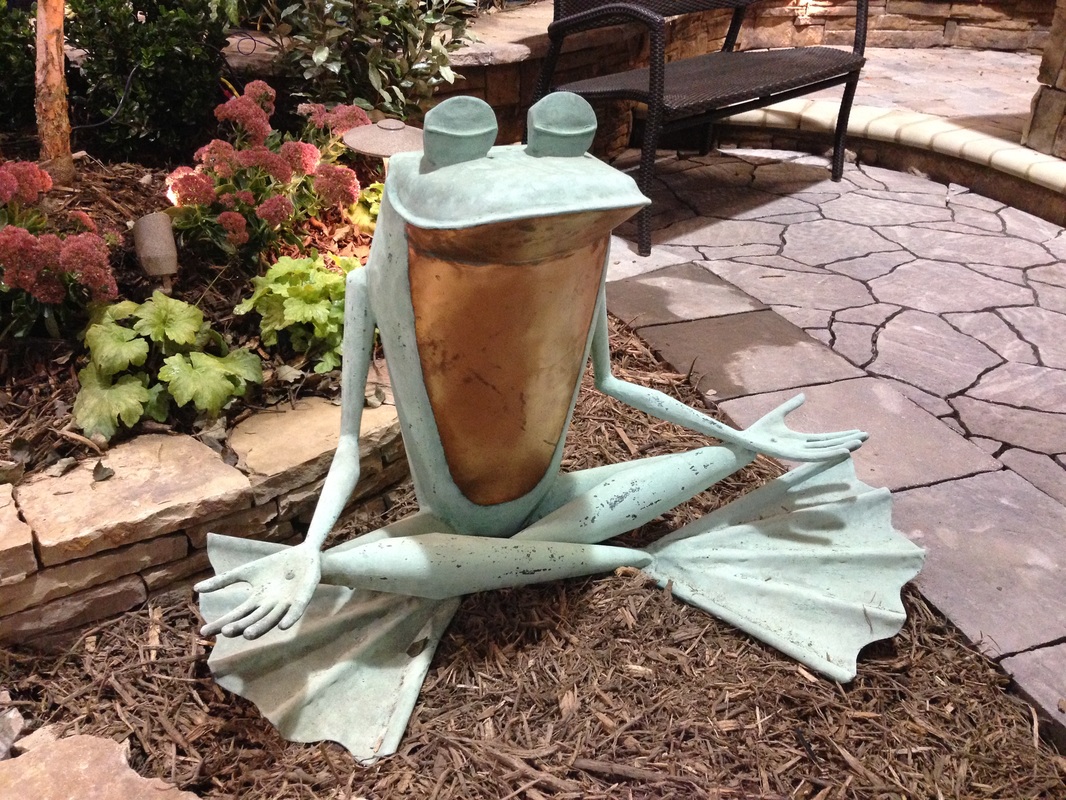
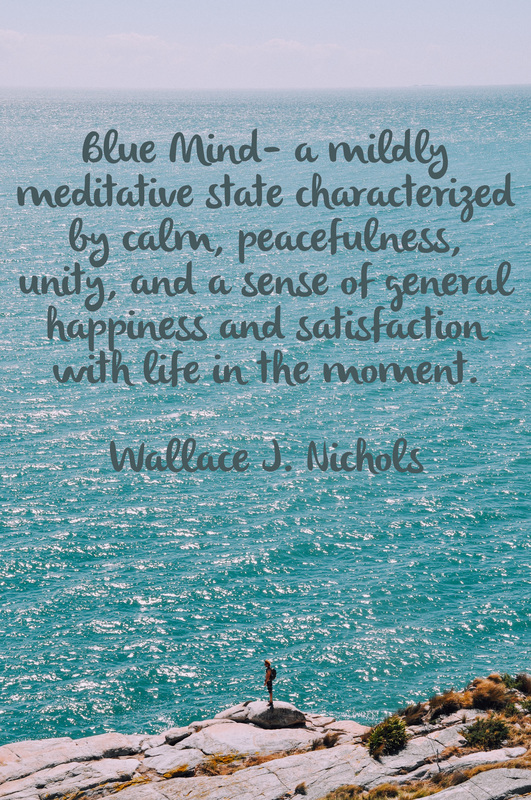

 RSS Feed
RSS Feed